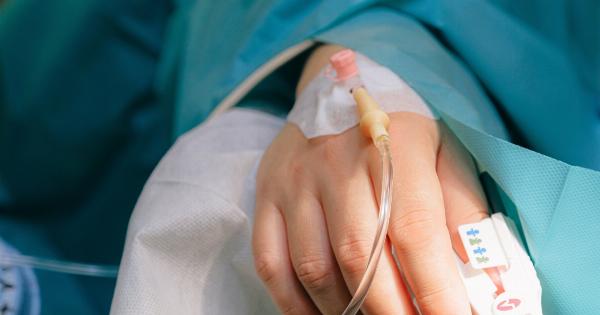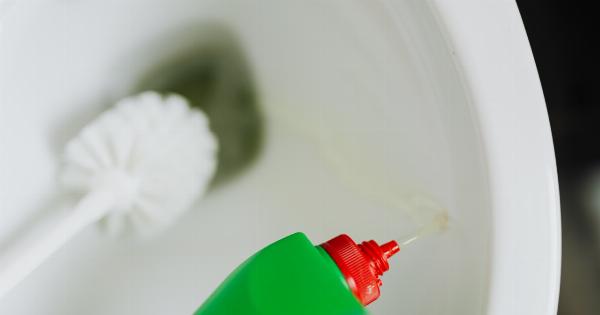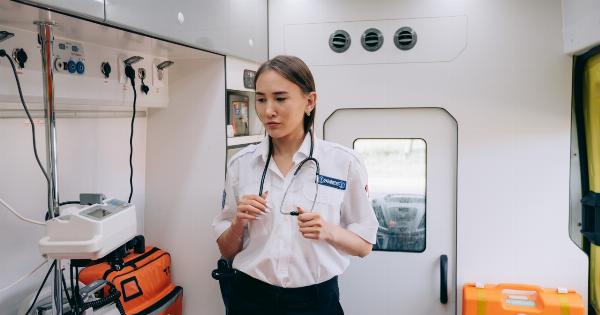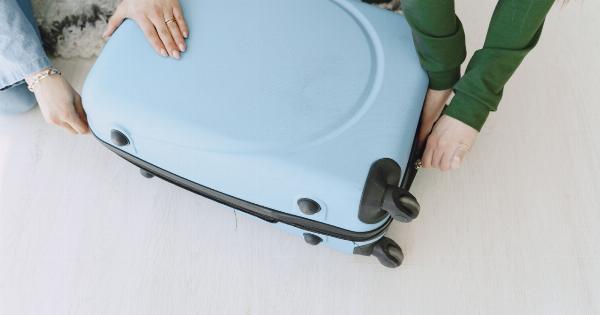When planning for a vacation, most people pack the essentials like clothes, toiletries, and travel documents. However, one thing that should be prioritized – but often overlooked – is the vacation medicine chest.
This small but significant addition to your packing list can ensure you are well-prepared for any health-related emergencies that may arise during your trip. In this article, we will discuss why you need a vacation medicine chest, what it should contain, and how to prepare one.
Why You Need a Vacation Medicine Chest
Traveling to a new place means exposure to new environments, people, and foods. While this can be exciting, it also exposes you to various health risks that can make your vacation less enjoyable. Some common health issues travelers face include:.
- Stomach problems – such as diarrhea, vomiting, and nausea
- Insect bites and stings – which can lead to allergic reactions
- Sunburn and other skin irritations
- Headaches and muscle pains
- Allergies and colds
Having a vacation medicine chest can help you deal with these issues, so you can continue to enjoy your vacation without any problems.
Moreover, depending on your destination and the activities you intend to engage in, you may require specific medications or vaccines, which you can include in your vacation medicine chest.
What Should a Vacation Medicine Chest Contain?
The contents of your vacation medicine chest will depend on your health needs, destination, and vacation activities. Nevertheless, some essential items that you should include are:.
- Pain relievers – like acetaminophen, aspirin, or ibuprofen
- Anti-inflammatory – like naproxen
- Antihistamines – for allergies and insect bites
- Decongestants – for nasal congestion
- Motion sickness medication – if you are prone to motion sickness
- Antidiarrheal medication – like loperamide
- Antacids – for digestive problems
- First aid kit – with items like band-aids, gauze, scissors, and antiseptics for cuts and scrapes
- Sunscreen – with at least SPF 30
- Insect repellent – with DEET or other active ingredients that repel mosquitoes and ticks
- Prescription medication – if you take any prescriptions, be sure to pack enough for the duration of your trip
- Vaccines – if you require any vaccinations, make sure to get them before you travel and pack proof of vaccination in your medicine chest
How to Prepare a Vacation Medicine Chest
Preparing a vacation medicine chest can be a simple and quick process. Follow these steps:.
- Make a list of essential items based on your health needs, destination, and vacation activities.
- Check if you need any prescription medications or vaccines. Inquire with your doctor or a travel health specialist to get recommendations.
- Purchase the necessary items from a pharmacy or drugstore.
- Pack the items in a small, labeled container or bag that is easy to carry and store.
- Keep the medicine chest in a safe and easily accessible location in your luggage or carry-on bag.
- Check the expiration dates of any medications you pack and replace them if necessary. You should also restock your medicine chest if you use any of the items during your trip.
Conclusion
A vacation medicine chest is a must-have for every traveler. It can help you deal with health-related emergencies and make your vacation more enjoyable.
Remember to pack the essential items, consider your health needs, destination, and vacation activities when preparing your medicine chest, and talk to your doctor or travel health specialist if you need any prescriptions or vaccines. By being well-prepared, you can relax and enjoy your vacation with peace of mind.






























